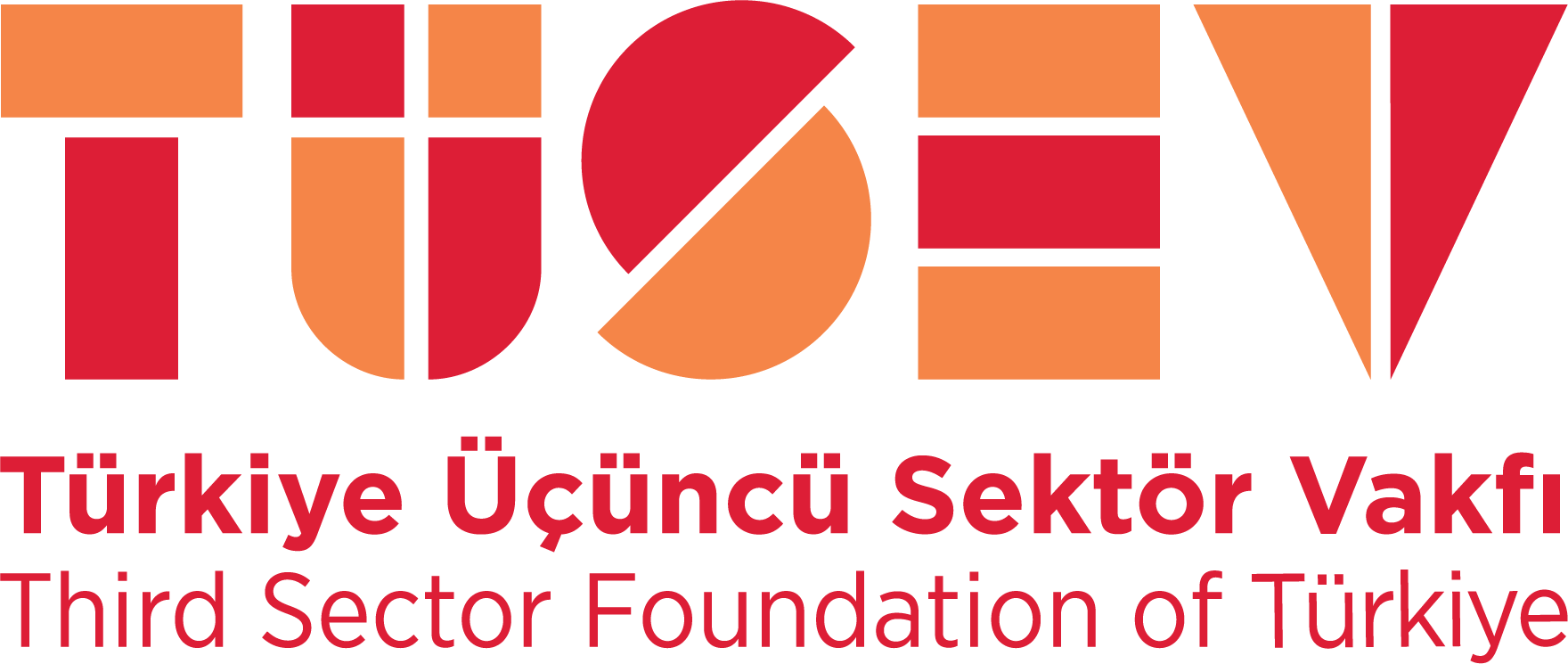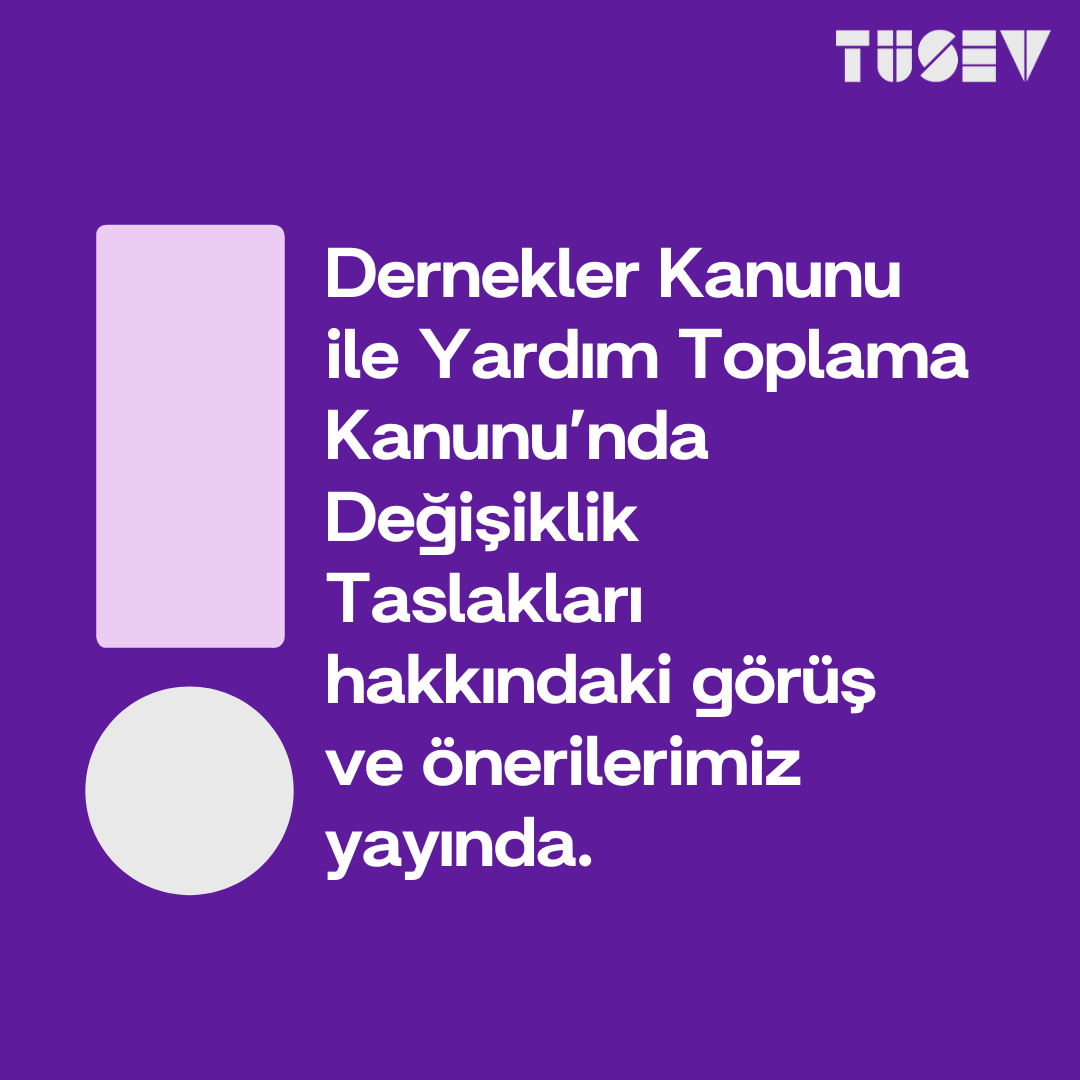Announcements
Our Statement on ‘Agent of Influence’ Regulation in the 9th Judicial Package
Recently, some media outlets have reported that the 9th Judicial Package will expand the crime of ‘espionage’ and add a provision to the Turkish Penal Code (TCK) known in the public as the ‘agent of influence crime.’ The draft of the 9th Judicial Package has not been opened for consultation with civil society nor shared with the public. Therefore, evaluations can only be made based on the limited sections reflected in the media.
According to reports, Article 339/A will be added to the TCK, stating that those who conduct or commission research on Turkish citizens, institutions, organizations, or foreigners in Türkiye for the strategic interests or instructions of a foreign state or organization against the security or internal or external political interests of the state will face imprisonment of 3 to 7 years.
It is well known that civil society organizations (CSOs) contribute to developing effective services, innovative and sustainable solutions, delivering these services to beneficiaries, and fostering a culture of coexistence through their activities. They also undertake critical roles such as policy development and advocacy by highlighting the functioning and potential improvements of systems through their monitoring and research activities. This is a legitimate civil society activity both internationally and in Türkiye. In this regard, the contributions of civil society allow for the strengthening of democratic processes and the development of more just, effective, and sustainable policies.
In Türkiye, CSOs utilize various sources to achieve their goals, including individual donations, public funds, and institutional collaborations, as well as grants and funds from both domestic and international sources. The use of these resources by public institutions and local governments, as well as CSOs, is a legal and legitimate relationship resulting from overlapping priorities and visions.
Furthermore, the foundation of the international system based on human rights includes the idea that civil society and social movements must be able to express their views independently of political authorities as an absolute necessity for democracies. International organizations to which Türkiye is a member, such as the Council of Europe and the United Nations, guarantee not only the representation and expression rights of states but also of civil society.
According to the principles of foreseeability and certainty, which form the basis of criminal laws, citizens should not have any doubts about whether an act constitutes a crime when they commit it. However, the phrase ‘those who conduct research against the security or internal or external political interests of the state’ in the controversial legal provision is not in accordance with the principles of foreseeability and certainty.
This regulation, by defining the related crime with vague concepts and not presenting a concrete crime definition, subjects monitoring and research activities in the civil sphere to the threat of arrest and severe punishment. Therefore, it is met with objection in the civil sphere. If this draft becomes law, it will pave the way for one of the principal duties and responsibilities of civil society to be criminalized and will be used as a tool to suppress civil society. Additionally, it will create negative impacts on academia, media, art, and politics.
We know that respect for rights such as freedom of expression, assembly, and association, and the responsibility to protect these rights for everyone, is the driving force necessary for societies to achieve better outcomes. The expectation of civil society is not restrictive regulations but a political climate where democracy and the rule of law are guaranteed and an enabling civil environment. Therefore, we demand the withdrawal of this legislative proposal that will harm the civil sphere and emphasize once again the necessity of consulting stakeholders before making regulations concerning civil society.




